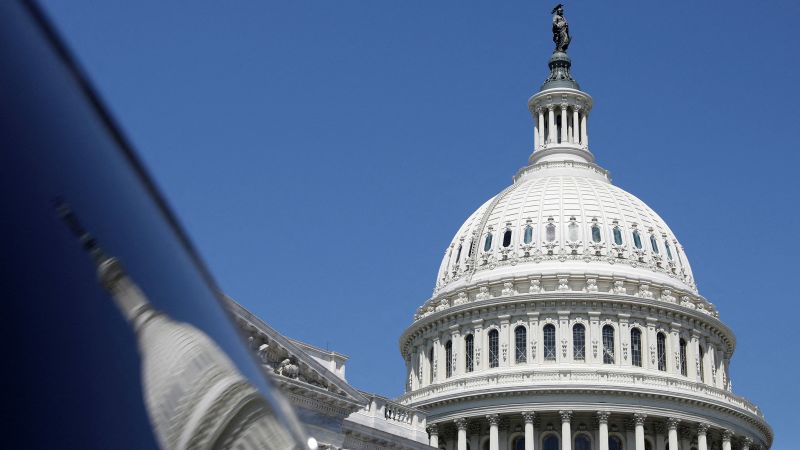The Senate passed a critical national defense policy bill Thursday evening – setting up a showdown with the Republican-controlled House.
The House passed its own version of the bill – known as the National Defense Authorization Act – earlier this month after adopting a series of controversial amendments pushed by hardline conservatives. Now that the Senate has passed its NDAA bill, lawmakers will need to reconcile the Senate bill and the House bill by negotiating a compromise version that can pass both chambers.
The NDAA sets the policy agenda and authorizes funding for the Department of Defense annually.
The controversial amendments added to the House bill included provisions to restrict abortion and transgender health care access and eliminate diversity and inclusion programs. Adoption of the amendments infuriated Democrats and caused the House bill to lose significant Democratic support.
“It’s going to take some work, but we just hope that we would focus on actual issues related to national defense and not have to deal with all the extraneous things,” Democratic Sen. Gary Peters, a member of the Senate Armed Services Committee, said when asked about the challenge of reconciling the two bills.
“I’m sure there will be some disagreements, but we have to get it done. Whether it’s difficult or not, it’s a must do,” said Democratic Sen. Richard Blumenthal, another member of the committee. “It will take some hard work, but no one wants the United States of America to go without a military.”
The Senate passed its version of the bill with a bipartisan vote of 86 to 11.
While the national defense bill typically passes with widespread bipartisan support, the House bill was passed on a largely party-line vote of 219 to 210. Four Democrats crossed the aisle to vote with Republicans and four GOP members voted against the bill.
The Senate bill sets a topline national defense funding level of $886 billion and includes a 5.2% pay raise for service members, according to a summary from the Senate Armed Services Committee. It also includes support for Ukraine by extending the Ukraine Security Assistance Initiative through fiscal year 2027 and authorizes increased funding for efforts to respond to threats, including research on foreign influence operations.
Read the full article here















